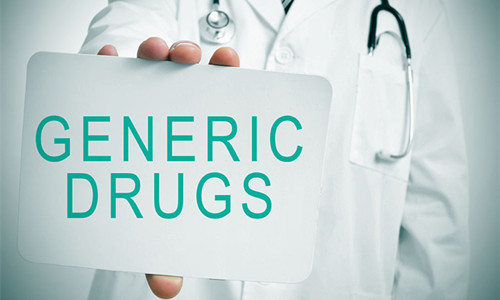China pushes generics over brands with another round of new pharma policies
April 8, 2018
Source: fiercepharma
 871
871

In a potential threat to foreign drugmakers profiting on innovative drugs, the Chinese government on Tuesday issued a new policy package—including tax breaks—to promote generics.
The package (Chinese) would allow certain qualified generics makers to be designated as high-tech enterprises, a label that comes with a 15% corporate tax rate, compared to 25% for other companies. The policy also makes clear that China considers compulsory patent licensing a bona fide option during public health emergencies or shortages of key drugs.
The government's health department and recently rebranded drug regulator will compile and actively update a drug list that encourages companies to produce generic versions. That list will include medications for rare diseases, major infectious diseases and pediatric treatments, as well as important drugs that are running scarce.
Except in special circumstances, physicians will not be allowed to write brand names on prescriptions, and even if they do, pharmacists will have the right to change to qualified generics.
The decree, issued by the country’s State Council, also says it intellectual property protections will be tweaked to “strike a balance between the interests of patent holders and the public,” and will strengthen anti-monopoly enforcement.
China’s patent infringement situation has been under fire from countries like the U.S., and it’s one of the reasons cited by the Trump administration as justification for its recently proposed $50 billion tariff against China.
In its 2016 Top Markets Report, the International Trade Administration under the U.S. Department of Commerce noted that in China, a company cannot bring a patent infringement case against a violator until the disputed product is launched on the market. Injunctions are rarely granted in pharma patent cases, the report said, and damages awarded are usually too low to cover lost revenue.
China has been relying largely on generics. Of about 170,000 drug approvals issued by the China FDA, over 95% are generics, according to the country’s National Health Commission. But many generics in China are poorly made and much less effective than their originals. To eliminate those low-cost, low-quality copycats, CFDA is in the process of a generics bioequivalence evaluation campaign.
Under this newly released set of guidelines, the Chinese government is also pushing for broad use of generic names instead of branded names. Copycats that pass the quality equivalence test will be labeled with the same generic name as the brand in a procurement catalog hospitals use to purchase drugs. The generics will also be covered by national insurance under the same standards.
All of these policies will further compress the breathing room for innovative drugs—currently mostly produced by foreign pharmas—especially those that already have generics on the market.
Multinational drugmakers have been investing heavily in China of late, with several Big Pharma companies expanding their manufacturing and setting up new alliances with Chinese firms.
By DduRead more on
- NHS tells doctors to order stronger vaccine for next winter February 8, 2018
- NHS plans to replace humans with AI technology in its 111 service February 2, 2018
- NHS plans to be first to eliminate hepatitis C February 2, 2018
- Seven medicines leap closer to EU approval January 30, 2018
- NICE/PHE against blanket use of antibiotics for sore throats January 29, 2018
your submission has already been received.
OK
Subscribe
Please enter a valid Email address!
Submit
The most relevant industry news & insight will be sent to you every two weeks.



